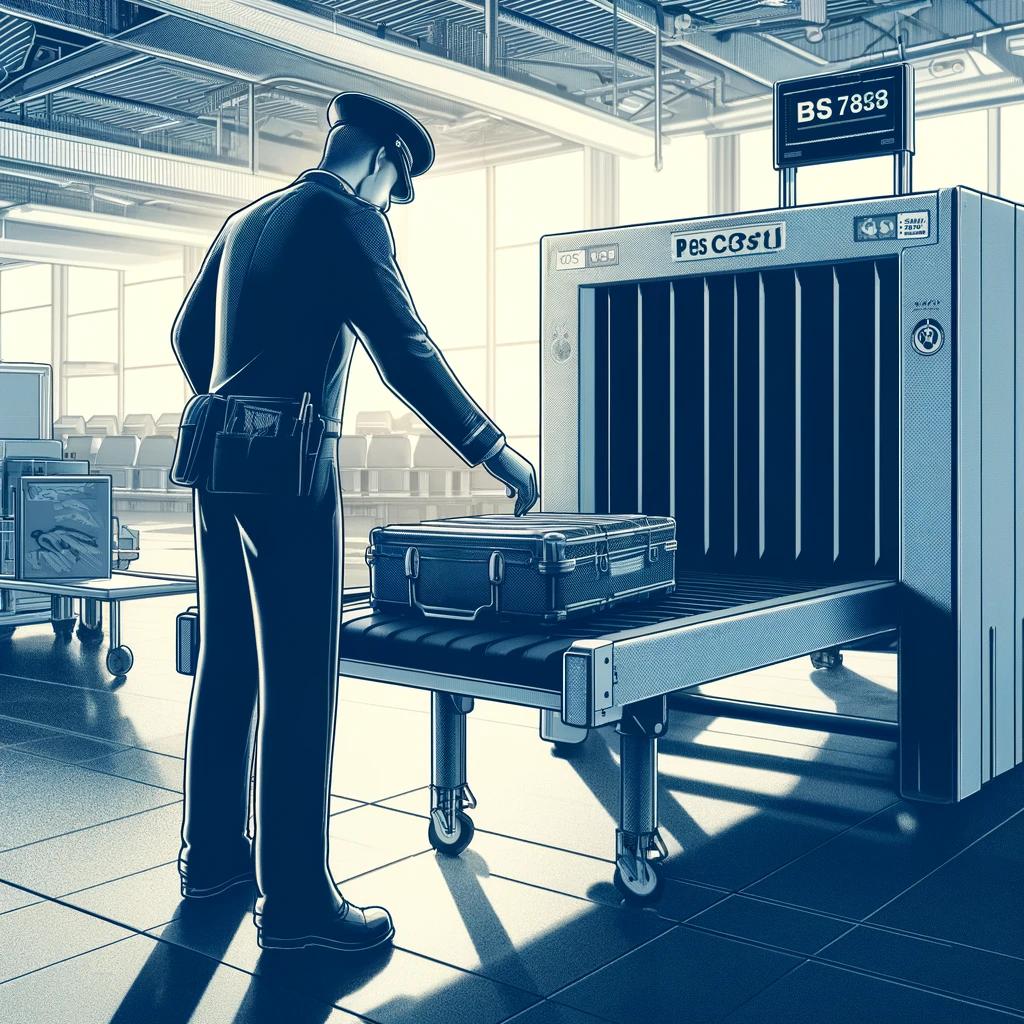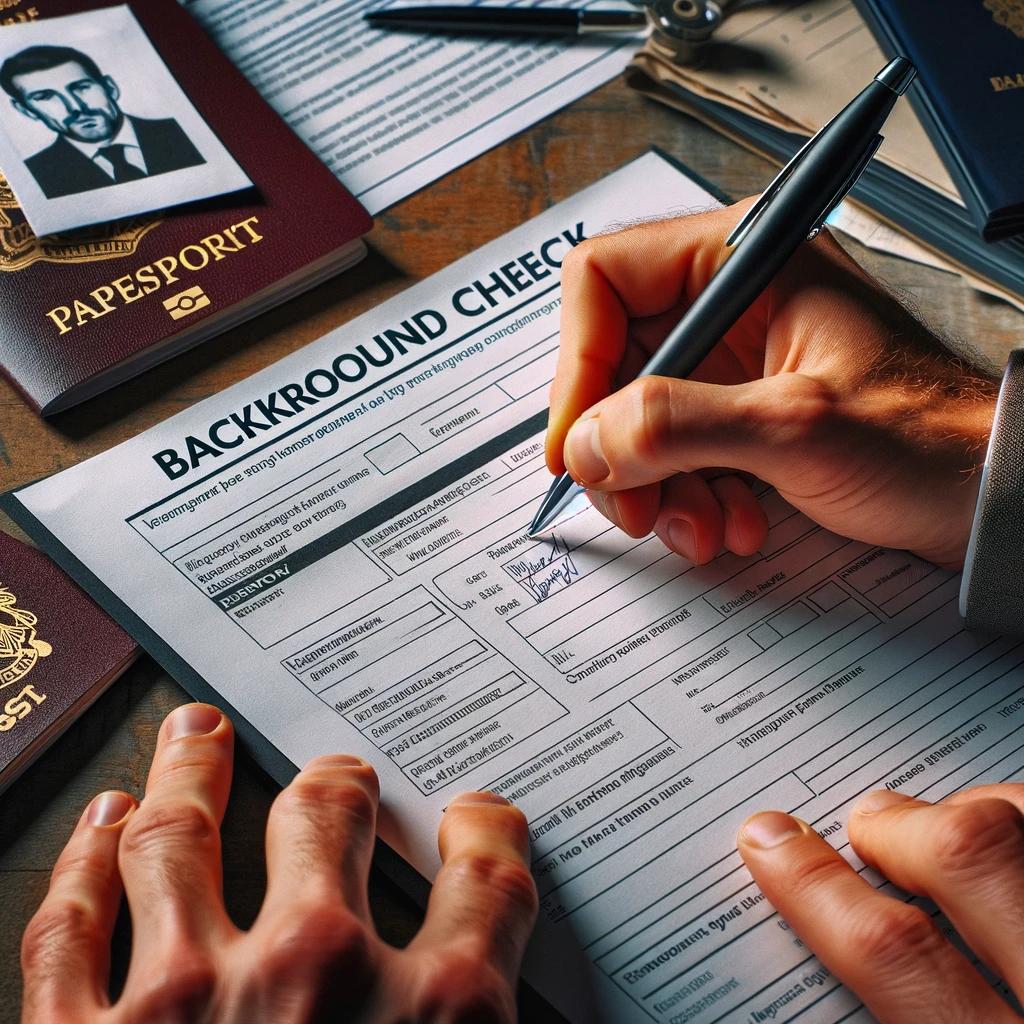
How long does it take for a BPSS check?
pre employment checks list
BPSS clearance is crucial for government administrative officers who handle confidential documents and make decisions impacting national policies. Ensuring they handle sensitive information responsibly mandates thorough background checking through BPSS.
During the renewal process, you'll need to undergo re-verification of your right to work, identity, criminal records, and employment history to confirm continued eligibility. Failure to renew your BPSS clearance on time can lead to a lapse in access to sensitive information and government assets.
A crucial part of the BPSS clearance is the criminal record check, which helps identify any unspent convictions the applicant may have. This information is critical in assessing whether an individual might pose a risk to national security or the safety of the public. By ensuring that employees do not have harmful criminal backgrounds, organizations can maintain a safe and secure working environment.



